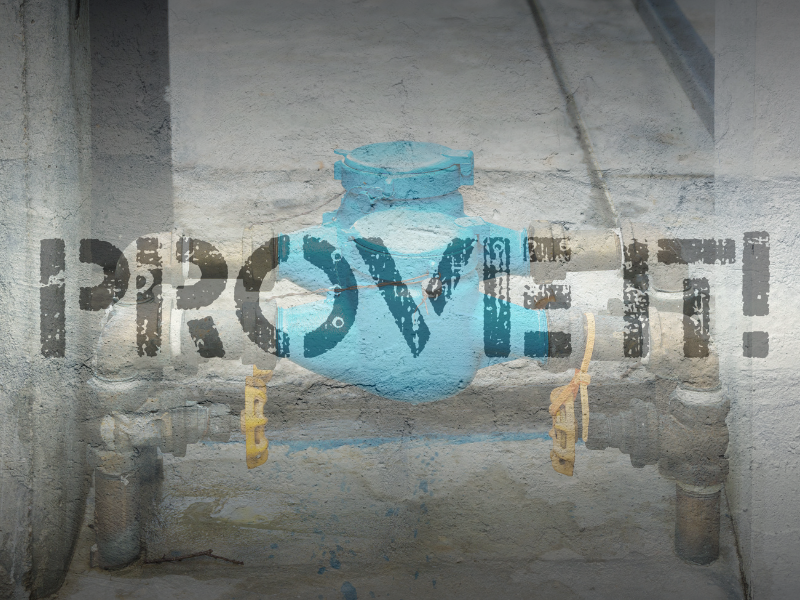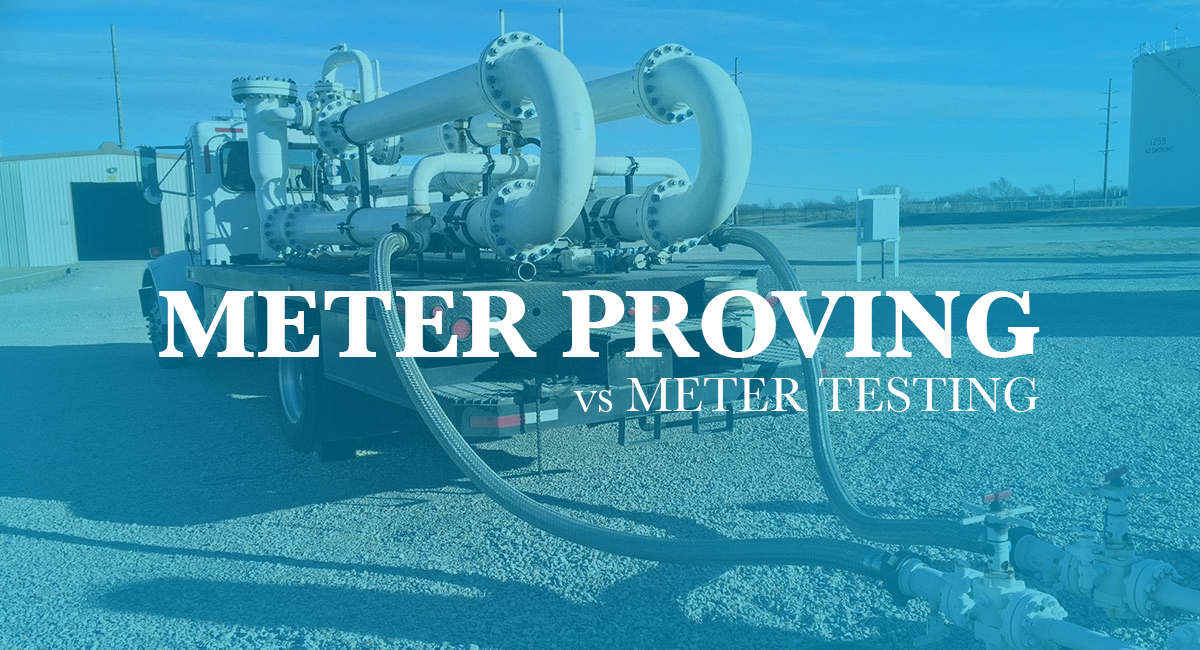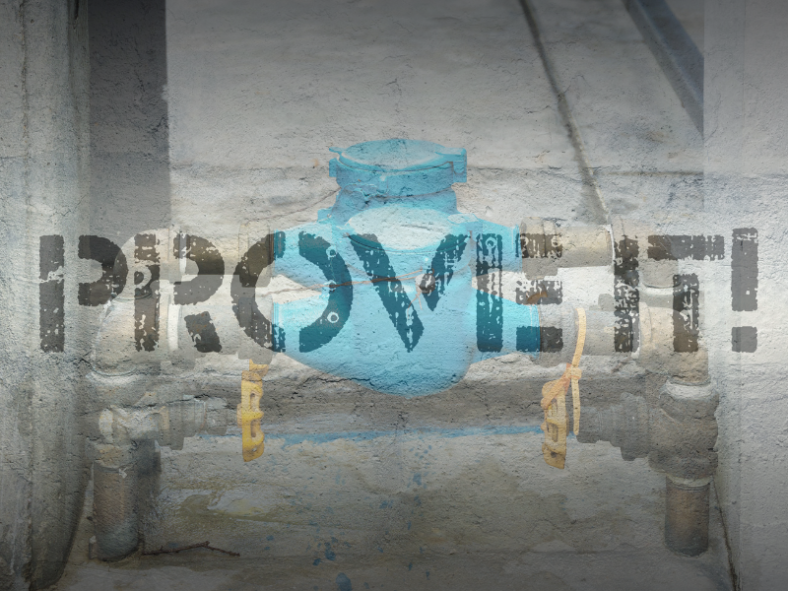Meter proving is the process of verifying the accuracy of flow meters used to measure the flow rate of fluids in various industries. Accurate measurement is essential in many applications, such as custody transfer and process control, where even small errors can have significant financial and operational impacts. Meter proving involves the use of specialized equipment to calibrate and verify the accuracy of various types of flow meters, including positive displacement, turbine, ultrasonic, and coriolis meters. In this article, we will discuss the importance of meter proving, the different types of provers used, and the benefits of accurate flow measurement.
Meter proving is a crucial process in industries where flow measurement accuracy is critical, such as the oil and gas industry. Accurate flow measurement is necessary for various applications, including custody transfer, where the ownership of the fluid is transferred from one party to another, and process control, where the flow rate must be maintained within a specified range to ensure optimal process efficiency. Small errors in flow measurement can result in significant financial losses, making meter proving a crucial process for any facility that uses flow meters.
There are different types of provers used in meter proving, including displacement provers, unidirectional provers, bidirectional provers, and small volume provers. Displacement provers use a precisely calibrated cylinder to displace a known volume of fluid, allowing for the calibration of flow meters. Unidirectional provers verify the accuracy of flow meters in a single direction, while bidirectional provers allow for verification of accuracy in both directions. Small volume provers are used to calibrate meters with low flow rates.
The benefits of accurate flow measurement are numerous, including improved process efficiency, reduced energy consumption, and decreased maintenance costs. Accurate flow measurement also ensures compliance with regulatory requirements and reduces the risk of financial losses due to inaccurate measurement.
In conclusion, meter proving is a vital process that ensures accurate flow measurement in various industries, including oil and gas, chemical, and water treatment. The use of specialized equipment and provers ensures that flow meters are calibrated and verified for accuracy, reducing the risk of financial losses due to inaccurate measurement. The benefits of accurate flow measurement extend beyond financial savings and include improved process efficiency and compliance with regulatory requirements.









Follow Us